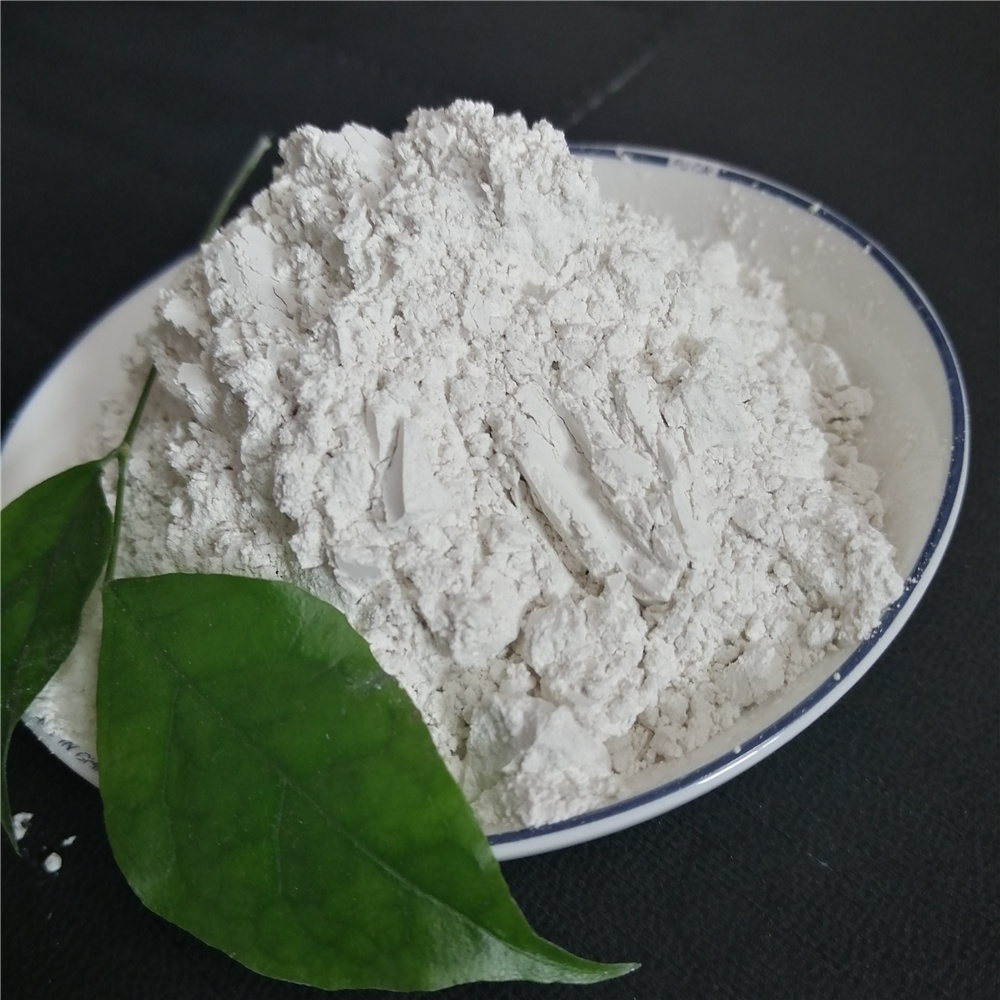
Understanding the Properties and Applications of Bulk Sodium Bentonite in Various Industries
The Importance and Applications of Bulk Sodium Bentonite
Sodium bentonite, a natural clay formed from volcanic ash, is renowned for its unique properties and versatile applications in various industries. Due to its high absorbency, swelling ability, and thixotropic characteristics, bulk sodium bentonite has become a vital material in construction, agriculture, pharmaceuticals, and environmental protection. This article delves into the significance, properties, and diverse applications of sodium bentonite.
Characteristics of Sodium Bentonite
Sodium bentonite, primarily composed of montmorillonite, exhibits a layered crystal structure that imparts several essential characteristics. One of its most notable traits is its ability to absorb water, swelling up to 15 times its dry volume. This property makes it an ideal material for applications where moisture retention or reduction is required. Additionally, its thixotropic behavior allows it to transition from a solid-like state to a liquid state when subjected to stress, making it useful in various formulations.
Another critical feature of sodium bentonite is its high cation exchange capacity. This property allows it to attract and hold positively charged ions, making sodium bentonite a valuable component in soil enhancement and environmental remediation.
Applications of Bulk Sodium Bentonite
1. Construction and Civil Engineering Sodium bentonite is widely used in the construction industry, particularly in tunneling and foundation work. It serves as a sealant for water and wastewater containment structures, providing a barrier against leakage. The material is also used in drilling fluids during geological exploration to stabilize boreholes, minimize fluid loss, and prevent soil erosion.
bulk sodium bentonite

2. Agriculture In agriculture, sodium bentonite is utilized as a soil amendment to improve soil structure, water retention, and nutritional balance. It helps enhance the soil's cation exchange capacity, making essential nutrients more available to plants. Additionally, it can be mixed with fertilizers to create slow-release formulations, providing plants with sustained nutrients over time.
3. Environmental Protection Sodium bentonite plays a crucial role in waste management and environmental protection. It is used in landfills as a liner material to prevent leachate, which can contaminate groundwater. Furthermore, in the case of oil spills or hazardous waste accidents, sodium bentonite can be employed to absorb oil and chemicals, facilitating clean-up efforts.
4. Pharmaceuticals and Cosmetics In the pharmaceutical and cosmetic industries, sodium bentonite is used as an excipient in drug formulations, providing stability and enhancing the dispersion of active ingredients. Its swelling properties are beneficial in creams, lotions, and masks, allowing for a smooth application and effective delivery of therapeutic agents.
5. Foundry and Manufacturing The foundry industry utilizes sodium bentonite as a bonding agent in the production of molds and cores for metal casting. Its ability to withstand high temperatures and retain moisture makes it ideal for maintaining the integrity of molds during the casting process. Additionally, sodium bentonite is used in the manufacturing of ceramics and as a filler in various products.
Conclusion
Bulk sodium bentonite stands out as a multifaceted material with significant industrial applications due to its unique physical and chemical properties. Its versatility is evident in sectors ranging from construction and agriculture to pharmaceuticals and environmental protection. As industries continue to evolve, the demand for sodium bentonite will likely rise, highlighting the importance of sustainable practices in its extraction and use. This natural clay not only enhances productivity and efficiency across various applications but also plays a vital role in promoting environmental sustainability. Thus, understanding its properties and applications is essential for harnessing its full potential while minimizing ecological impacts.
Share
-
Premium Talcum Powder Enhanced with GPT-4 Turbo | Soft & Long-LastingNewsAug.02,2025
-
Fly Ash Solutions Enhanced by GPT-4 Turbo | Sustainable InnovationNewsAug.01,2025
-
Natural Premium Bentonite Cat Litter - Superior ClumpingNewsJul.31,2025
-
Premium Resin Coated Sand - High Heat Resistance CastingNewsJul.31,2025
-
High Quality Silicon Carbide Grit for Abrasive ApplicationsNewsJul.30,2025
-
High-Quality Ceramsite for Plants & Gardening | Lightweight PebblesNewsJul.29,2025






